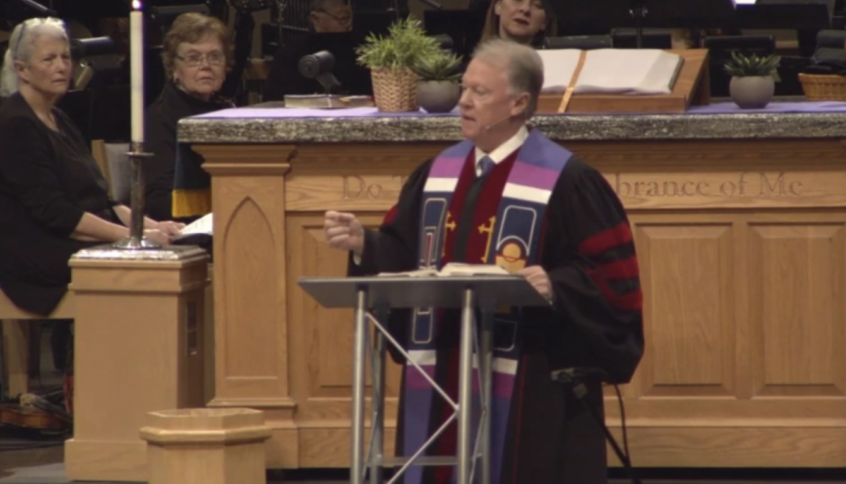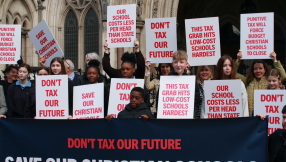
A megachurch in Oklahoma has dropped "United Methodist" from its name and started fully disaffiliating from America's second-largest Protestant denomination due to what it describes as the United Methodist Church's "slow and steady drift" from its historic Christian mission.
Asbury United Methodist Church in south Tulsa is now officially called Asbury Church, the megachurch says in a statement on its website, adding they "have begun the process of disaffiliating from the denomination."
"We do not know where or when we will affiliate with a new denomination," the church continues. "Currently, our main focus is protecting the assets and interests of Asbury and fully disaffiliating from the UMC."
Asbury Church's announcement comes weeks after the UMC delayed its General Conference meeting for a third time earlier this month, citing the COVID-19 pandemic.
Postponed to 2024, the General Conference is expected to be contentious as delegates negotiate a denominational split over theological differences, including the full inclusion of LGBT members into the denomination and the ordination of ministers in same-sex relationships.
On Jan. 30, Frazer United Methodist Church, a congregation of about 4,000 members in Montgomery, Alabama, disaffiliated from the mainline Protestant denomination, saying in a statement to The Christian Post that the congregation intends to join the Free Methodist Church: "[W]e believe that the Free Methodist Church is a better fit for our present identity and future fruitfulness."
The Rev. Tom Harrison, Asbury Church's senior pastor, said the split had been inevitable for some time, according to Tulsa World.
"There isn't one issue driving this separation; rather, after years of operating under vastly different approaches to theology, ministry and Christology, it was determined by the leadership of the Church, in conjunction with the pastoral staff, that these approaches are irreconcilable and no longer sustainable," Harrison explained. "As Asbury Church, we will continue to pursue our mission of helping others follow Jesus."
The UMC has been engaged in a long battle over the church's teachings on sexuality, prompting more conservative churches to leave the denomination. The UMC's official stance, as outlined in the Book of Discipline, labels homosexuality a sin, bars the ordination of non-celibate homosexuals and prohibits the blessing of same-sex marriages.
However, progressive United Methodists have, on several occasions, defied the rules by ordaining openly gay clergy or officiating same-sex marriages.
The Asbury megachurch says it might consider joining the Global Methodist Church, a more conservative Methodist denomination, which has announced it will officially launch in May.
"This future denomination will be made up of former United Methodists from North America, Africa, Europe and elsewhere who uphold the authority of Scripture," Asbury says in its statement. "The formation of this new denomination has been delayed due to the COVID-19 pandemic."
The creators of the GMC previously said they would hold off on launching until after the General Conference.
The denomination's website says thousands of Methodist clergy and laity from around the world have worked together for "over three years to lay the groundwork for a new, theologically conservative Methodist denomination steeped in the great ecumenical and evangelical confessions of the Christian faith."
"It is anticipated that some theologically conservative local churches will find annual conferences willing to negotiate fair and just exit provisions, while others will, unfortunately, face obstacles placed in their paths," the denomination said in a statement.
"The Transitional Leadership Council decided it was time to launch the Global Methodist Church, so those who can leave early will have a place to land, to begin building and growing, and making room for others to join later."
The Rev. Keith Boyette, chairman of the Transitional Leadership Council that has been overseeing the creation of the GMC, has said theologically conservative churches and annual conferences "want to be free of divisive and destructive debates, and to have the freedom to move forward together."













